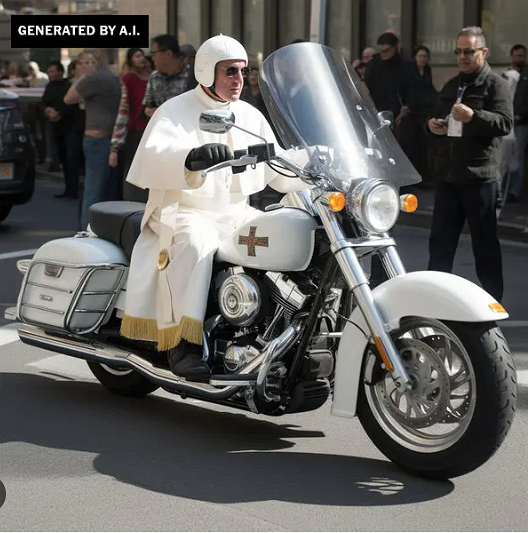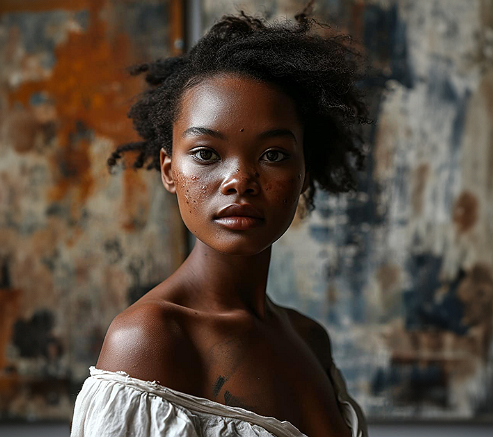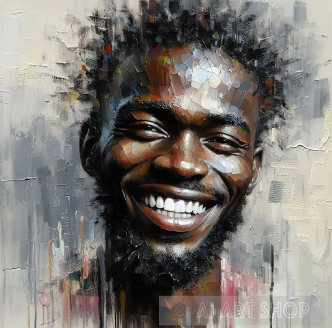



US President Donald Trump has attracted criticism from some Catholics after posting an AI-generated image of himself as the Pope.
The picture, which was shared by official White House social media accounts, comes as Catholics mourn the death of Pope Francis, who died on 21 April, and prepare to choose the next pontiff.
Using AI to show a political leader as a religious figure is wrong and hurts believers.
Agree or disagree? Why?
Yes: It mixes politics and faith in a way that feels wrong to many.
No: It's just modern art and people should not take it so seriously.
Maybe: It depends on if it was meant to hurt or just to be funny.
People should be free to make any AI pictures they want, even if some people get upset.
Is freedom more important than respect?
Yes: Free speech is most important in a free country.
No: With great power comes great responsibility.
Middle view: Freedom yes, but not to harm others on purpose.
Social media should block all fake AI pictures of real people in important jobs.
Would this help stop confusion?
Yes: Fake images can change how people vote or think.
No: Companies should not decide what we can see.
Another way: Let people see but add clear warnings.
Making fun pictures of yourself as different things is just a joke, not a big problem.
When does a joke become harmful?
True: Humor helps us talk about hard topics.
False: Some jokes cross lines, especially about religion.
It depends: Context and intent matter a lot.
AI pictures of real people should always need their OK first.
How would this work for public figures?
Agree: It's about respect and control of your image.
Disagree: Public people are part of our culture to discuss.
Middle ground: OK for private use, not for public posting.
Religious symbols and leaders should have special protection from AI fakes.
Should some things be "off limits" for AI?
Yes: Faith is deeply personal and needs respect.
No: All ideas should be open to talk about freely.
Balanced view: Not special rules, but extra care and thought.
People who post AI fakes should say clearly "This is not real" on the picture.
Would this solve the problem?
Good idea: Helps stop confusion and lies.
Won't work: Labels get removed or ignored.
Better idea: We need tech that can't be removed from images.
Political leaders using AI fakes shows bad judgment and hurts trust.
Does how a leader uses technology matter?
True: Leaders should be most careful about truth.
Not always: It can show they understand new tech.
Depends: Was it clear it was fake or trying to trick people?
Schools should teach children how to spot AI fake pictures.
What age should this learning start?
Essential: This is a basic skill for today's world.
Not enough: Adults need this learning too.
More needed: Also teach ethics of making AI images.
The problem isn't the AI pictures - it's how people use them to trick others.
Is technology itself ever the problem?
Yes: Don't blame tools, blame bad users.
No: Some tools are made to cause problems.
Complex: Both the tech design and user behavior matter.


Is pushing buttons to make AI art as hard as painting with a brush?
What takes more skill?
If a child uses AI to make pretty pictures, is the child an artist?
Who made the art - the child or the computer?
Should people who make AI art win art contests?
Is it fair to other artists?
Is an AI picture of a sunset as special as a painting of a sunset?
Which one would you want on your wall?
Can AI make art that makes you feel happy or sad?
Can machines understand feelings?
If you sell an AI picture for money, is that OK?
Who should get the money?
Is making AI art like cooking with a recipe book?
Are you still a "cook" if you follow someone else's recipe?
Should schools teach students to make AI art?
Is this an important skill for the future?
If two people type the same words, but get different AI pictures, who is the artist?
The first person, the second person, or the AI?
Is AI art "cheating" or just a new way to make art?
Should we welcome new ways to make pictures?
Can AI make "bad art" or is it always perfect?
What makes some art better than other art?
If you don't tell people your picture was made by AI, is that lying?
Should you always tell the truth about how art is made?
Would famous artists from the past use AI if they could?
Would they think it was a good tool?
Is a hand-drawn picture by a 5-year-old more "art" than an amazing AI picture?
Which one shows more human spirit?
Can AI make art that shows new ideas about life?
Can computers really say something new about being human?